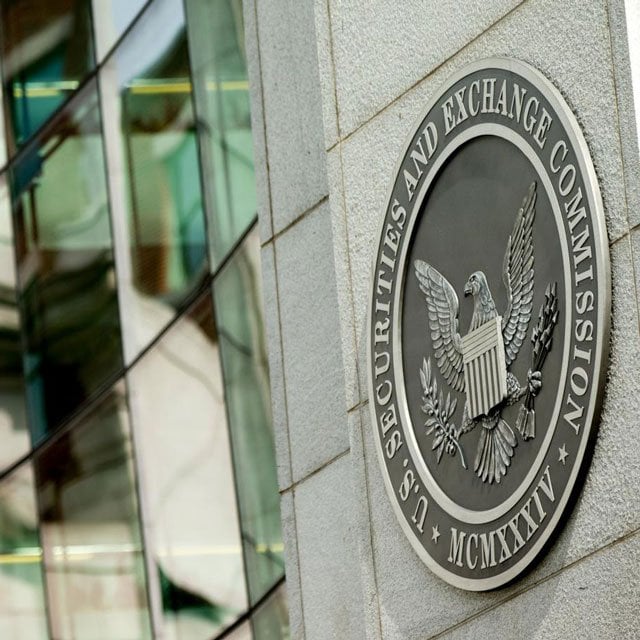ETF Managers Group, Founder Hit With $4.4M SEC Penalty

What You Need to Know
Samuel Masucci and his firms needed tens of millions of dollars to settle private litigation and avoid bankruptcy, the SEC alleged.
The firms and Masucci then entered into a prohibited transaction to obtain $20 million in rescue financing.
In exchange, they kept the ETF’s securities-lending business with the broker-dealer who provided the financing, despite better offers.
The Securities and Exchange Commission said Tuesday that it had charged Samuel Masucci and entities he founded and controls — ETF Managers Group and Exchange Traded Managers Group LLC — with “disadvantaging” investors in, as well as the trustees of, an exchange-traded fund they managed in order to obtain $20 million in rescue financing to avoid a possible bankruptcy.
Masucci and the entities agreed to pay a combined $4.4 million to settle the charges, the SEC order states. The SEC also barred Masucci from associating with investment industry professionals for three years.
The SEC’s order finds that, “in 2019, in exchange for $20 million in financing and other services, Masucci agreed to keep the ETF’s lucrative securities-lending business at the broker-dealer that provided the massive influx of financing despite offers with better terms from other securities lenders that could have benefited investors.”
Masucci, the order states, “then knowingly failed to disclose this joint arrangement between him and his firm, the fund, and the broker-dealer to the fund’s Independent Trustees, instead telling them that the fund had no other viable options.”
The SEC proceedings, the complaint states, “arise out of a prohibited joint transaction that investment advisors Samuel Masucci and ETF Managers Group LLC, and Advisor’s parent company Exchange Traded Managers Group LLC, entered into, to the detriment of Advisor’s client the ETFMG Alternative Harvest ETF.”
In connection with this prohibited transaction, the SEC said, Masucci and the firms “violated their duty of loyalty to [Alternative Harvest ETF] by knowingly providing advice that favored their own interests over their client and failing to fully disclose to [the fund’s trustees] their financial conflicts of interest.”




